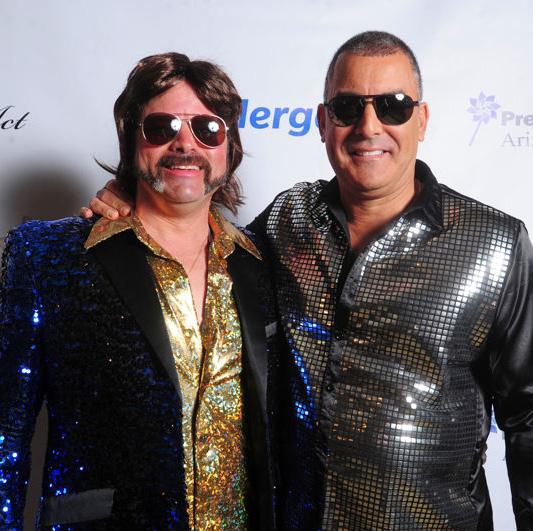
3 minute read
Life after reconstruction: Tips for a healthy recovery

Before and after bilateral delayed DIEP flap breast reconstruction.
Before and after bilateral immediate prophylactic nipple sparing mastectomies and implant reconstruction.


Breast reconstruction often requires a future revision, and that surgery is equally gratifying and essential to help women achieve improved symmetry of their breasts, balance with the rest of their body and the very best aesthetics after reconstruction.
ASPS member Karen Horton, MD, MSc, is internationally board certified in plastic surgery by both the American Board of Plastic Surgery and the Royal College of Surgeons of Canada, specializing in cosmetic and reconstructive surgery for women. Based in San Francisco, Dr. Horton’s private practice focuses on providing personalized care with meticulous attention to detail in a warm and welcoming environment. Her practice is centered on providing beautiful, natural and long-lasting results for breast cancer survivors using microsurgery or prepectoral implants in a single stage.
Tips for a healthy recovery after breast reconstruction
As with planning for any elective plastic surgery procedure, planning for breast reconstruction involves the following principles:
1. Be as healthy as possible – in mind,
body and spirit.
The best time for breast reconstruction is when you are at your best. There might not be a ton of time to take up an intense fitness program or strict, clean diet prior to surgery, but you should ideally have stable weight, good nutrition and moderate physical fitness going into surgery. Consume whole, fresh food rather than packaged products – you must “feed your wounds” while you heal from surgery. Vegetables, fruit, protein and increased hydration are key before and after reconstruction. A simple way to boost physical fitness is to power walk so you are out of breath. Practice this three times a week and consider it “training for surgery” as you would train for a marathon. Every little bit helps!
2. Plan to take more time off than
you expect after breast reconstruction.
Surgery is an injury to the body, and it takes a long time to fully heal. You will feel fatigued, emotional, completely out of your comfort zone and experience “a loss” – even though your breast form has been reconstructed. You are losing part of what makes you a woman, often including the ability to breastfeed and erogenous sensation. 3. Surround yourself with supporters who
give you what you need, unconditionally.
Following breast reconstruction, mental and emotional recovery are often greater than the physical recovery. Surround yourself with supportive loved ones and keep individuals or situations that create additional stress or drama far away. Bring those supporters with you to your consultation, preoperative and follow-up visits. Allow them to be an active member of your recovery team and to help advocate for you.
4. Understand that breast reconstruction
is a “journey.”
Recovering from breast reconstruction has different phases, including emotional trauma and body image changes, wound healing, nerve recovery, return to normalcy, scar maturation and acceptance of a “new normal.” Having breast cancer and reconstruction changes you. Accept that you will be different, and that time not only heals wounds and encourages scar maturation but allows you to reflect on your journey. In time, hopefully your experience will allow you to pay it forward and help other women who are facing breast cancer. Giving back and sharing your journey with others is a rewarding experience that helps you move forward.











